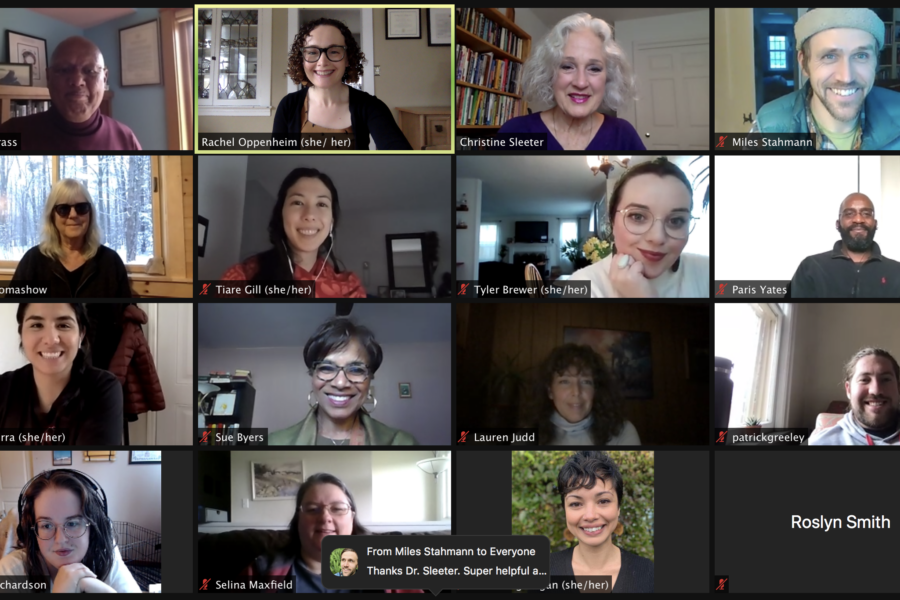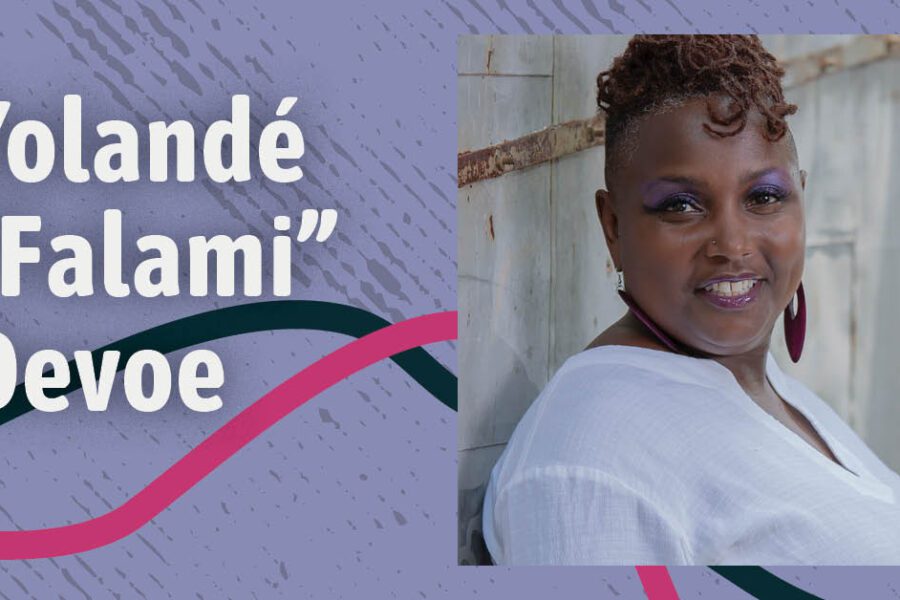As a part of Teaching Unpacked, we believe that there’s nothing more important than building collaborative learning communities and authentic, real-world lessons in the classroom. That’s exactly what episode two of our webinar focuses on.
Natalee Stotz, director of high school and humanities at the Windham Christian Academy, joins the team at Antioch University to discuss her top classroom tips and how she designs authentic lessons using the Critical Skills Scenario Challenge structure.
Her unique experience of teaching an entire high school of just 10 students means that she is often involved in multi-age lessons. As you can imagine, that comes with certain challenges, and adjustments are needed. Today, she’d like to share how she went about setting up a Critical Skills classroom and teaching students to collaborate through authentic, real-world lessons.
Episode 2 — Designing Authentic Real-World Lessons
Natalee places emphasis on the involvement of critical and creative thinking within her lesson plans. This is how she came up with the innovative “mass hysteria” challenge. It all started off with a creative memo that she invented for her students, calling upon them to protect the United States and maintain a peaceful and unified society.
Throughout the challenge, the students were tasked with researching and studying events of mass hysteria and coming up with a solution and conclusion, including a demonstrable prototype. Split into groups, the class was required to work together, decide on their own roles, practice their presentation, and contribute to the project in a meaningful way.
Natalee strongly believes that authentic challenges and lessons like these have a strong purpose and intent. They demonstrate a thorough understanding of the matter at hand and connective learning. Real-world lessons like these also enable students to gain an understanding of human nature and the psychology behind things. She believes that the use of an outside audience to judge the project was also helpful in increasing the level of challenge involved and kept the class engaged.
Classroom Tips
Alongside AUNE faculty members Laura Thomas and Tom Julius, Natalee discussed the purpose of implementing similar authentic and engaging projects. After all, challenges are the primary pedagogy in the Critical Skills classroom.
Natalee believes that within a Critical Skills classroom, it’s important to continually up the level of challenge throughout a student’s educational journey for them to learn and engage. However, it’s important to note that this doesn’t just suddenly happen in the middle of the school year. She shares that it’s essential to work with students and incorporate creative thinking, critical skills, build up a community, and develop a sense of safety for failure throughout several projects. She implements this through lesson plans that involve:
- Team building exercises
- Low stakes academic challenges
- Dedicated lessons on collaboration
Discussion and Certification
The trio further discusses the learning cycle chart, including the student and teacher cycle, along with details of the knowledge and disposition that Natalee and her class targeted throughout the year. Natalee has found that authentic real-life challenges implement a new-found focus within students and make them consider why they’re doing what they’re doing. Challenges can change how individuals think and the process in which they work in groups.
During the second episode of Teaching Unpacked, Natalie also delves deeper into the use of problem-based challenges in education. This looks at how learning develops over time and with experience throughout the use of authentic lessons.
If you’d like to further take part in the Critical Skills discussion, you can join Natalee and check out the full webinar today. After a short evaluation, you’ll even come out of it with a certificate of participation for taking part in the event!





